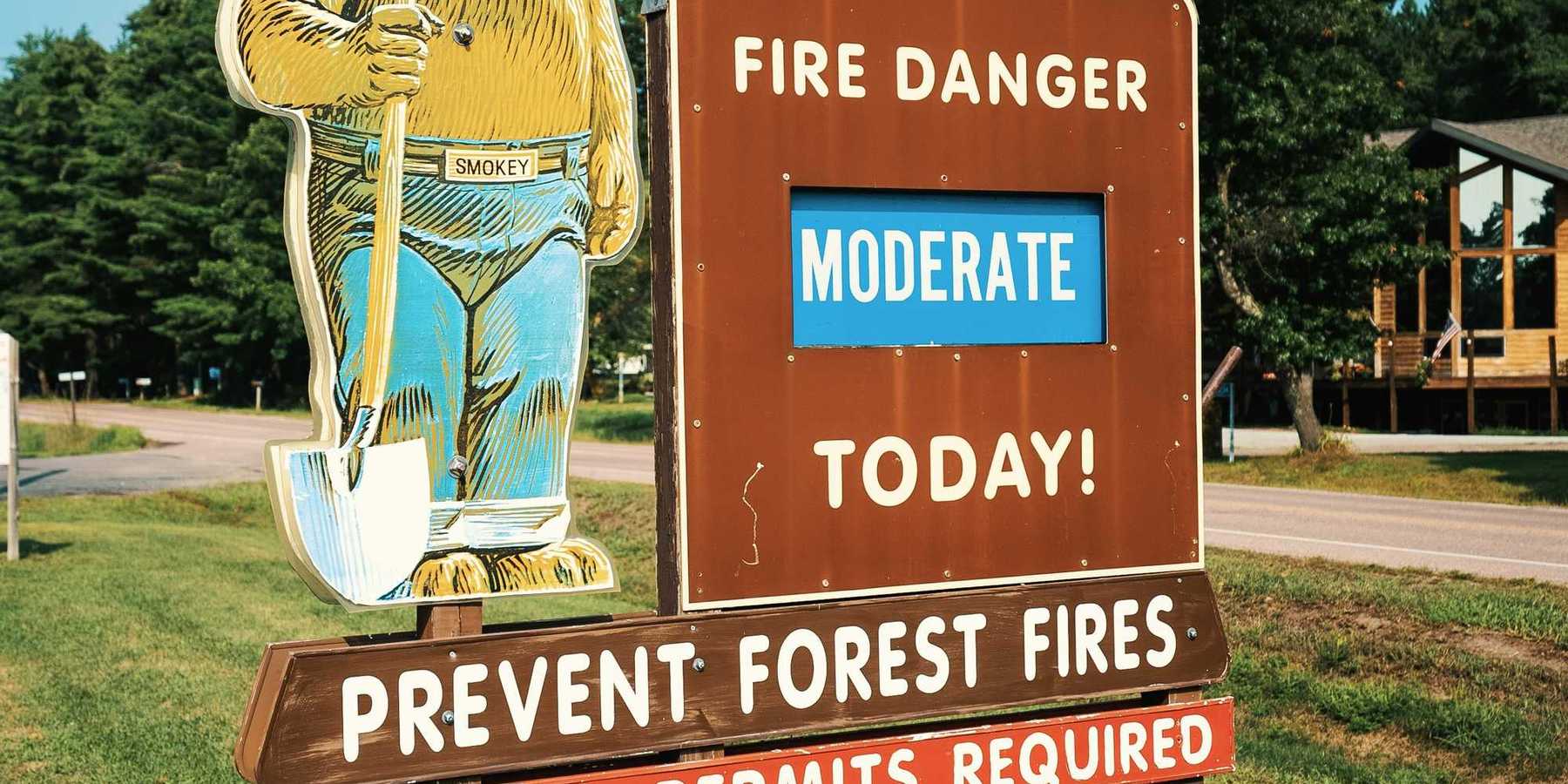Opinion: Summer heat poses health risks for children
With Ontario's extreme heat warnings and wildfire smoke in the West, parents need to rethink when they let kids play outside this summer.
Denise Balkissoon writes for The Narwhal.
In short:
- Children are more vulnerable to heat-related illnesses than adults due to their slower cooling mechanisms and inability to recognize thirst.
- Many schools in Toronto lack central air conditioning, forcing children into hot, uncomfortable environments during heatwaves.
- Urban areas with low-income and racialized residents often lack natural cooling elements like trees and green spaces.
Key quote:
"We might not realize kids feel even worse than we do during a heatwave — and we’re definitely not doing enough to address the climate emergency that puts them at such great risk."
— Denise Balkissoon, The Narwhal
Why this matters:
Wildfires, exacerbated by climate change, release pollutants that travel thousands of miles, affecting air quality in regions far removed from the flames. Meanwhile, extreme heat waves are becoming more frequent and intense, a direct consequence of our warming planet. Extreme heat poses serious health risks for children, especially in areas lacking air conditioning and green spaces.













